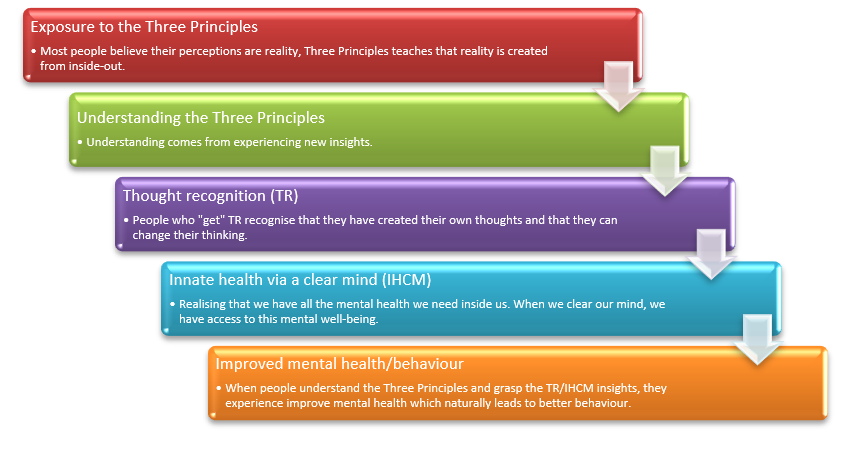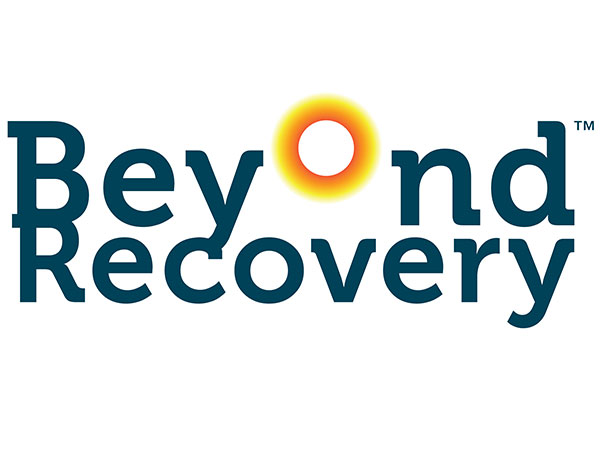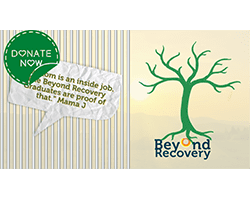Beyond Recovery are excited to be a speaker at the upcoming British Society of Criminology Conference. Below is the abstract of the presentation our founder Jacqueline Hollows will be giving:
Statement of the Problem
Addiction & Mental Health issues are prolific in the UK Criminal Justice System with 64% of prisoners having used Class A drugs at some point in their life and 22% having drunk alcohol every day in the four weeks before they were admitted to custody. Substance misuse continues whilst people are residing in custody leading to increased violence, debt, family breakdowns and chaotic lifestyles. Mental health issues are closely linked to these problems and people classed as duel diagnosis can often find it difficult to obtain help as many interventions aim to assist one or the other rather than both.
Methodology & Theoretical Orientation
Using a new approach known as the Three Principles, Beyond Recovery designed a study comparing participants receiving the new approach to participants receiving all other interventions but not the new approach. This comprised of one 3-hour session per week for 10 weeks; six separate programmes were run. 75 prisoners started, and 53 completed the full course – the others dropped out, were transferred to other prisons or were released.
Findings
Prisoners who participated in the programme had significant increases in all of the four key factors measured: thought recognition, innate health via a clear mind, well-being; and purpose; significant decreases in three of the further tests measuring anxiety, anger and depression (with depression being the only one with no significant improvement). Dramatically improved behaviour was also recorded by prison staff.
Conclusion & Significance
The conclusion of this study is that the approach used by Beyond Recovery is effective in a prison setting, resulting in improved well-being and behaviour. Although this is not a perfect research study (very few are, particularly in prison) it is well-designed using impartial and well-respected psychological measures and supports the view that the Three Principles approach can be effective in prison settings.

Three Principles Approach by Beyond Recovery


